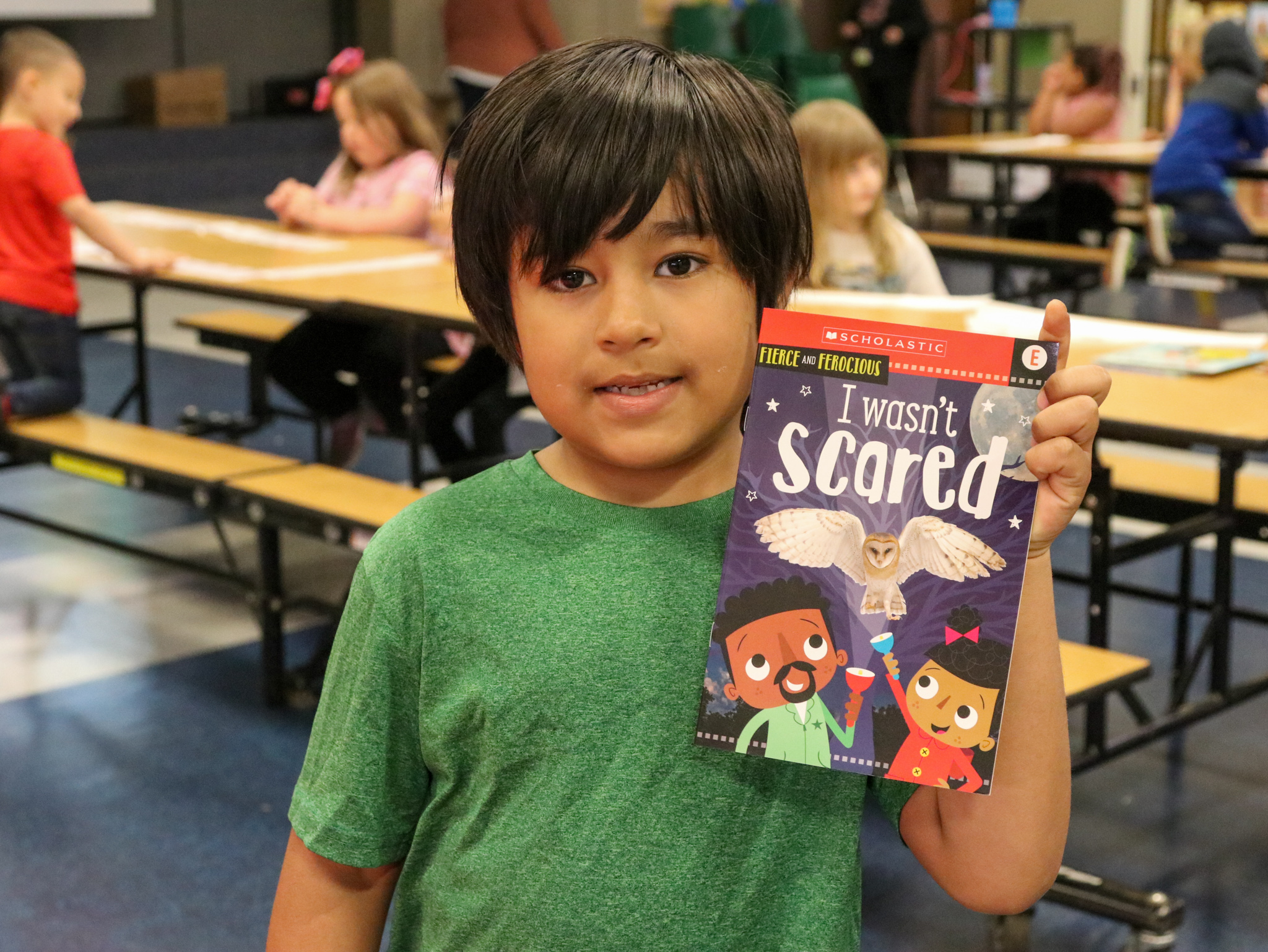The number-one predictor of childhood illiteracy is poverty. Hundreds of years of systemic racism, housing segregation and redlining, employment discrimination, and other oppressive structures have compounded these effects for families of color. In Washington, young children who are Black, Latinx, American Indian/Alaska Native, or Native Hawaiian/Pacific Islander are two to three times more likely to live in poverty than their white peers.
But research shows that easy access to books and reading in childhood is one of the greatest predictors of future success—even controlling for parental education level and income. Having books in the home—and reading them early and often with children—is a crucial part of our society’s fight for equity in education and opportunities.

Loving adults who read themselves and read aloud model strong, lifelong reading practices for the children in their lives.
To encourage a love of reading, take children to the library, browse at a local bookstore, or go on a walk to find Little Free Libraries in your neighborhood. Research shows that when children choose their own books, they make greater gains in reading skills, think of reading as a more enjoyable experience, and remember more of what they learn when they are reading books they want to read, regardless of reading level.
Reading with your children (at any age!) is powerful. It provides bonding opportunities, expands their vocabularies, creates positive associations around reading and learning, develops empathy, allows them to understand their own worlds better, and more.